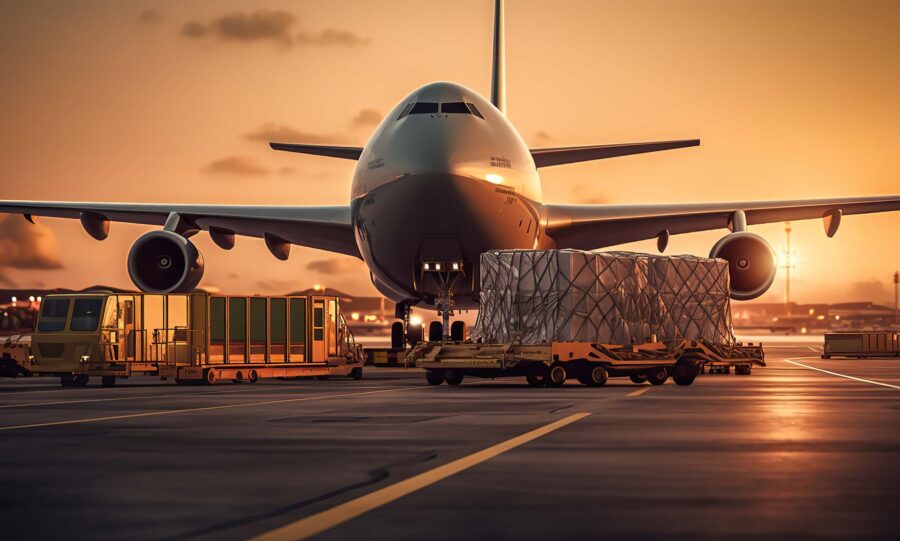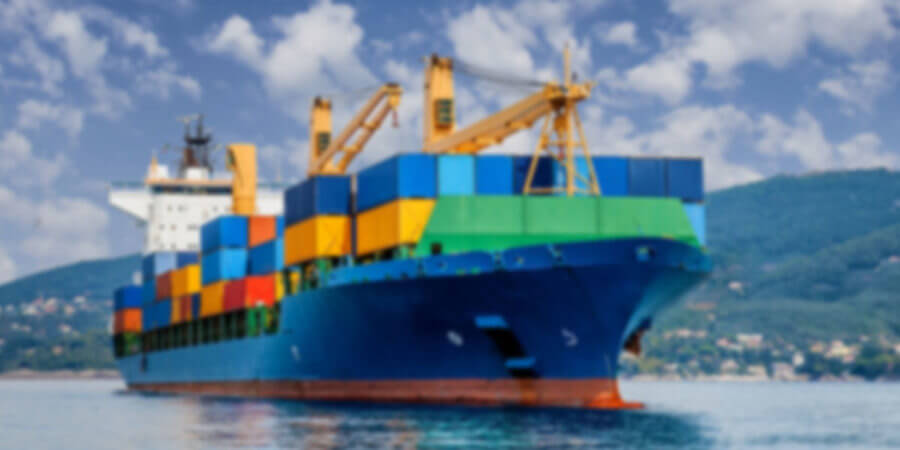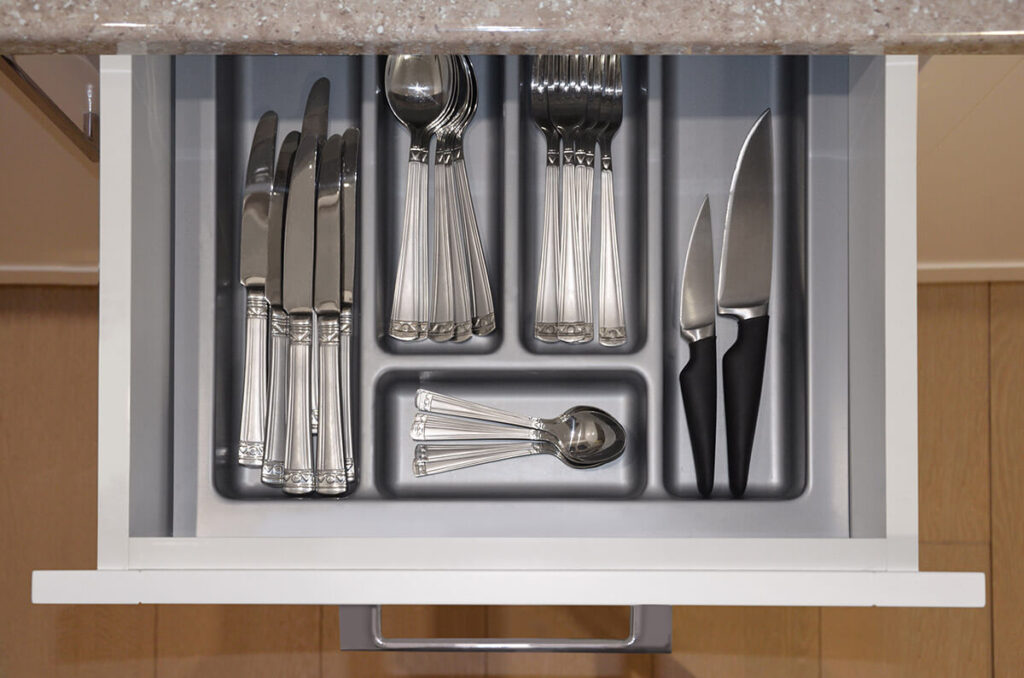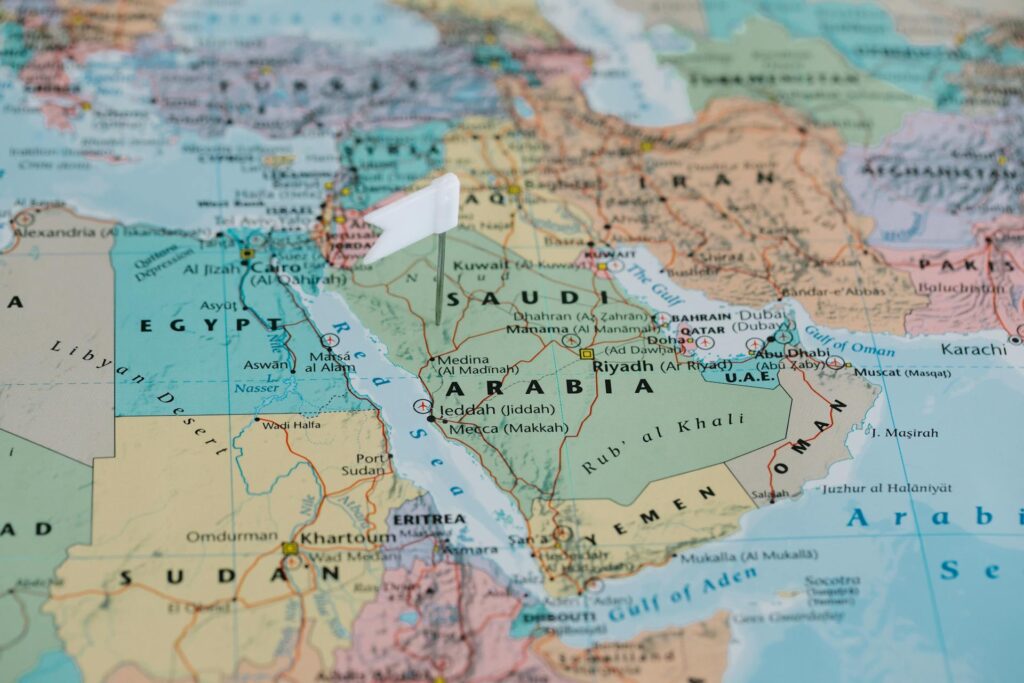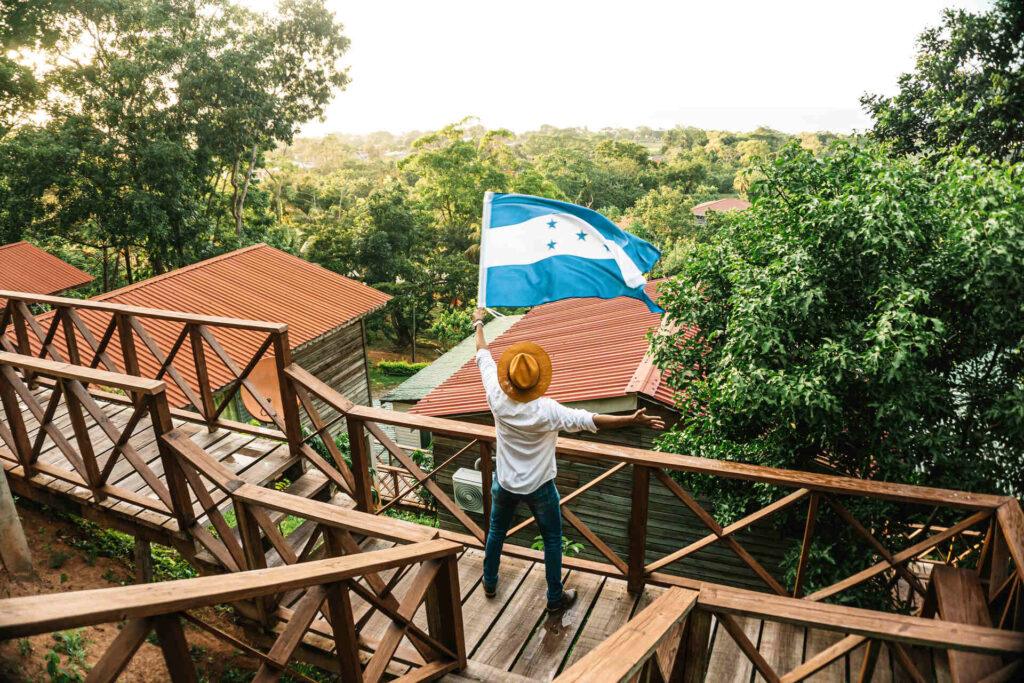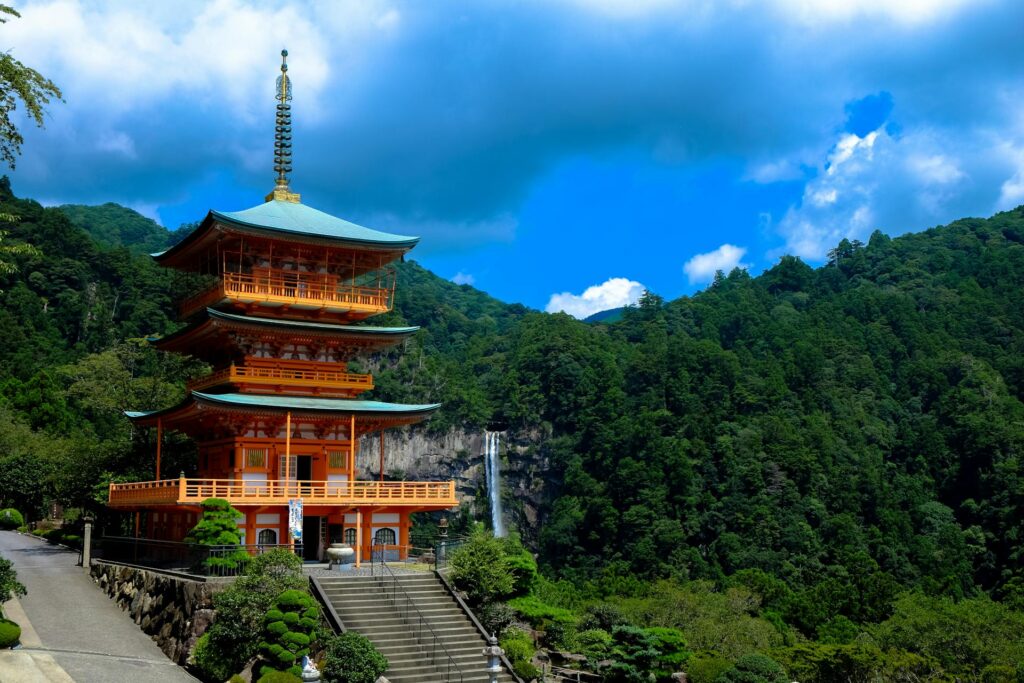When moving to Vancouver from the US, know that almost 80,000 American citizens live there. Maybe it’s because it’s just 30 miles north of the US border, that it has an excellent standard of living, absence of language barriers – or something entirely different. Additionally, nearly 35% of the population is foreign-born, meaning you’ll probably never feel like an odd man out. In other words, moving to Canada is the beginning of a beautiful adventure, but before you actually do it, let’s go over essential things you should learn before relocating to Vancouver.
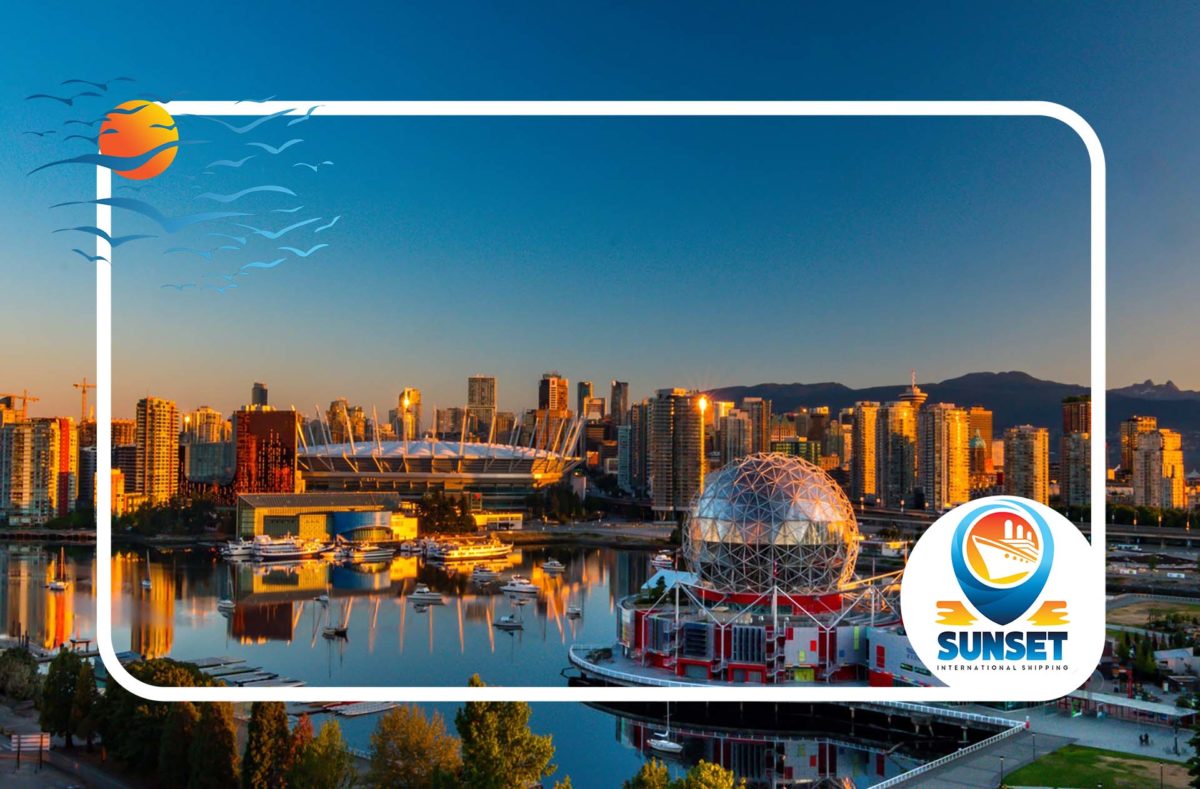

Know What Documents You Need for Moving to Vancouver, Canada
Are you wondering how to immigrate to Canada? For starters, you will need a valid passport. After making sure it has not expired, collect other documents needed to travel abroad before you start preparing for movers. Also, you should contact the Canadian Embassy and ask about all the possible ways you can get a permanent residence visa or work permit. For example, you might have some in-demand skills that will make the immigration process much more straightforward for you.
Are you planning on hiring an overseas shipping company so as to ship your car to the Great White North? You don’t need additional paperwork to drive here since Canadian authorities recognize your US license.
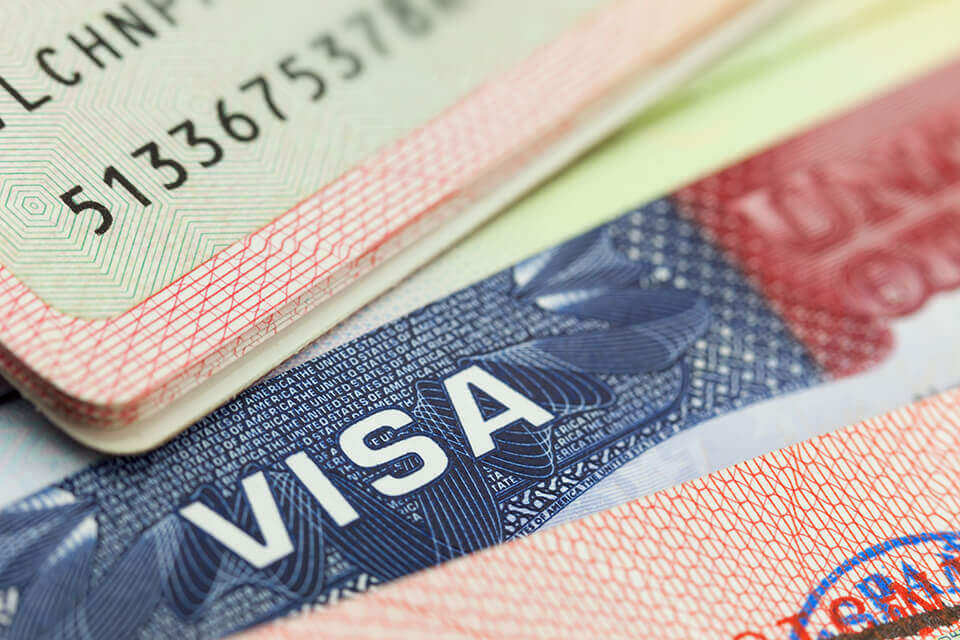

Living Costs Can Be High
Balancing your finances when moving abroad is not just smart, but necessary, given that you’re about to move to one of the priciest cities in North America. Life in Vancouver can get expensive, and you surely don’t want to make a massive dent in your savings account.
Even though, according to information from the online database Numbeo, the amount of money you’ll have to set aside for utilities is lower than in Toronto, Canada’s largest metropolis, the overall cost of living is higher. When compared to Seattle, which is just 150 away to the south, the consumer prices, including rent in this bustling Canadian city, are around 20% lower. Rent for a one-bedroom apartment is currently around $1,500.
Wherever you’re coming from, if you want to settle down in Canada’s most densely-populated metropolis, the expense that will put the biggest dent in your budget is housing, especially if you want to become a homeowner.
Homeownership Is for Those With Deep Pockets
This Canadian metropolis is notorious for having the most expensive housing market in the country. The reason for this is that the city’s downtown is surrounded by water from three sides, so there’s a severe shortage of land.
Nevertheless, if your heart is set on buying a property, you should know that data from Numbeo shows that a square foot in the center costs around $1,200, and $900 in other areas. Before you embark on a house-hunting adventure, go over the different Vancouver neighborhoods, and find the one that will fit your specific needs and your budget.
Healthcare Is Free for Expats
Whether you are moving alone or you are moving overseas with kids, you should always think about healthcare. Fortunately, one of the main reasons for moving here is the highest quality of medical services.
While living in Vancouver, you, as an expat, will have free basic healthcare, courtesy of the British Columbia Medical Services Plan (MSP). Keep in mind that, for additional medical interventions, you will have to pay or get a private policy.


If You Want to Know How to Move to Vancouver First Pick Where You Will Live – Here’s a Guide Through the Best Neighborhoods
Did you know that the metropolis is divided into 23 official neighborhoods? Finding the one that fits your lifestyle and needs the best won’t be hard. Just dig through the information you can find online, read reviews of past and current residents, and get ready for your international relocation.
Magazine VanMag made a guide of the best neighborhoods in 2020, ranked based on crime rates, affordability, diversity, and green spaces, and the results are the following:
- West End is a friendly beachside hang-out spot
- Chinatown brings a fusion of cultures and ethnicities
- South Granville is for those who love to shop and grab chi-chi drinks
- Downtown is a center for business and brand name stores.
Once you have found a neighborhood to your liking, you will be ready to contact an international moving company and a new life in Canada can begin.
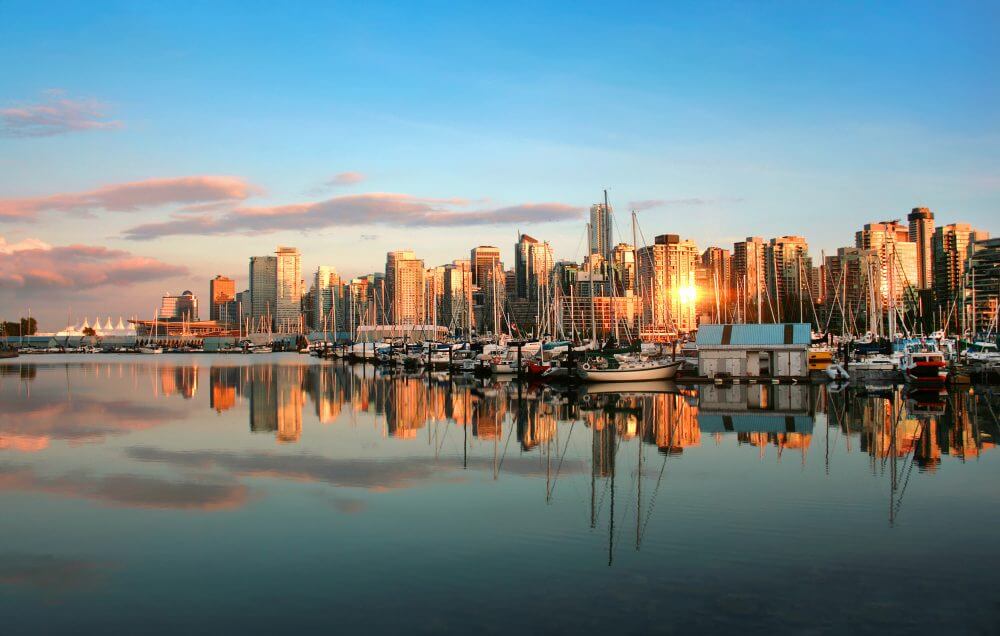

You Should Definitely Get a New Sim Card Before Moving to Vancouver From the US
Moving internationally means that there will be a period of time when you have to adjust to a new country. It’s important to keep in touch with your friends during this time. If you’re going to rely on your phone, you should get a new SIM card, just to avoid high international fees. Keep in mind that there are no pre-paid options, only rolling ones that you can cancel whenever you want.
Besides, if you’re used to a lot of mobile data, you might not like the mobile plans here. Not many companies offer more than one gigabyte of data in their packages, and even if they do, the biggest packages are five gigabytes. The good news is that most parts of the city are covered with free wi-fi, so you will not be completely hopeless when you run out of data.


Get a BCID Card and Open a Bank Account
Do you want to open a bank account? If the answer is yes, you should obtain BCID beforehand. This is basically an ID card issued by the government, and to get it, you need some form of a valid ID. When you get BCID, it will be easy to open a bank account; just go to the desired bank and submit a form.
Finding the Right Job Is Essential
Are you planning to find work here after you settle in, or maybe employment opportunities are the main reason why you’re moving abroad in the first place? There are plenty of places where you can land a job after you relocate, but unfortunately, the minimum wage is low. You might get a job waitressing, and even though those are paid poorly, tips are high, and they are, on average, 15% of the bill.
In any case, get familiar with the job market before you contact the overseas moving company and start packing your stuff; it will make the employment hunt that much easier. We recommend creating a moving out-for-the-first-time checklist.
Research the Biggest Employers in the Area
The economy of British Columbia is diverse, but the most substantial portion of its GDP comes from the service-producing sector. If you want to find work in Vancouver, you should research the biggest employers in your desired field and find the one that can provide you with a dream job. The area is one of the fastest-growing economies in Canada, and it is home to some of the biggest British Columbia employers:
- Absolute Software Corporation is an enterprise that provides security and data risk management solutions.
- BA Blacktop Ltd. is the contractor company founded in the 50s.
- Cactus Restaurants Ltd. is a chain of premium restaurants that can be found all over Canada.
- Canfor Corporation is an integrated forest products enterprise with more than 6,000 employees.
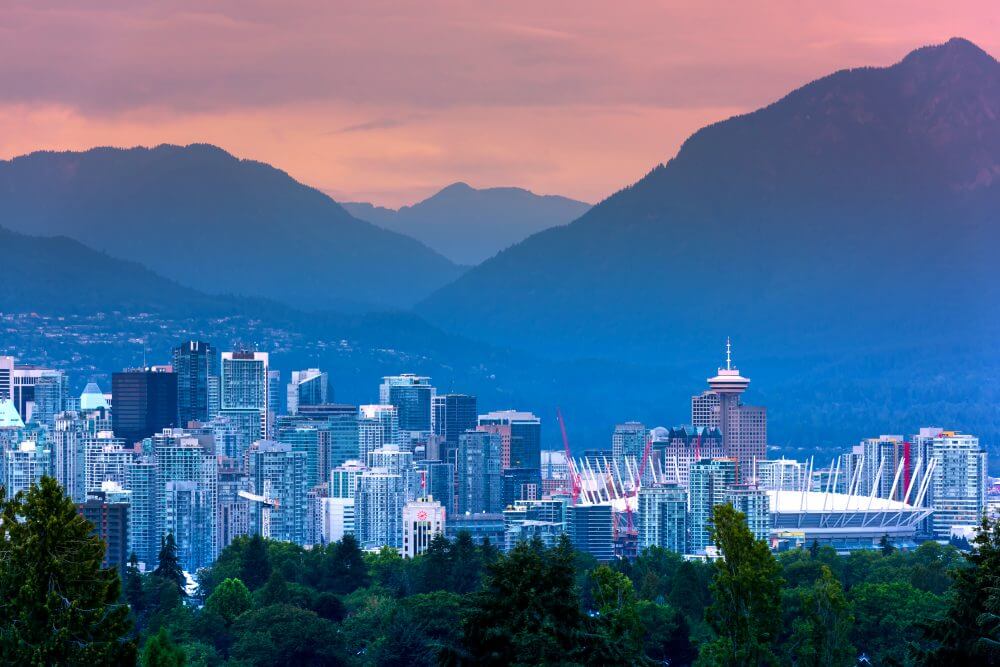

Embrace the Local Way of Life
Do you want to fit in and feel like you truly belong in the new city? Then start acting the way local people do. Embrace a healthy lifestyle, a variety of art and cultural happenings, check out film and music festivals and snap a pic or two of street art. If you live far away from some attraction or event, you can just use one of the many transport options to get there.
Take Advantage of Excellent Public Transportation
If you don’t like being behind the wheel, use public transportation operated by Translink to get to desired destinations. From the Metro Rapid Mass Transit Network and bus services to Sky Train and heavy commuter rail, Vancouverites have different and efficient transportation options to choose from.
Pros and Cons of Moving to Vancouver
It’s not going to be all sunshine and rainbows when you relocate up north. Living somewhere means experiencing the good and the bad. For starters, caffeine addicts will love a variety of small local shops and big trendy ones with excellent coffee, but they will hate the high prices of the cup of joe. Also, you will experience warm and dry summers, but you might hate nine rainy months. When it comes to the benefits of relocating here we can tell you just to be prepared for top-notch bars with a variety of craft and imported beers. However, don’t expect to dance the night away because the club scene isn’t all that.
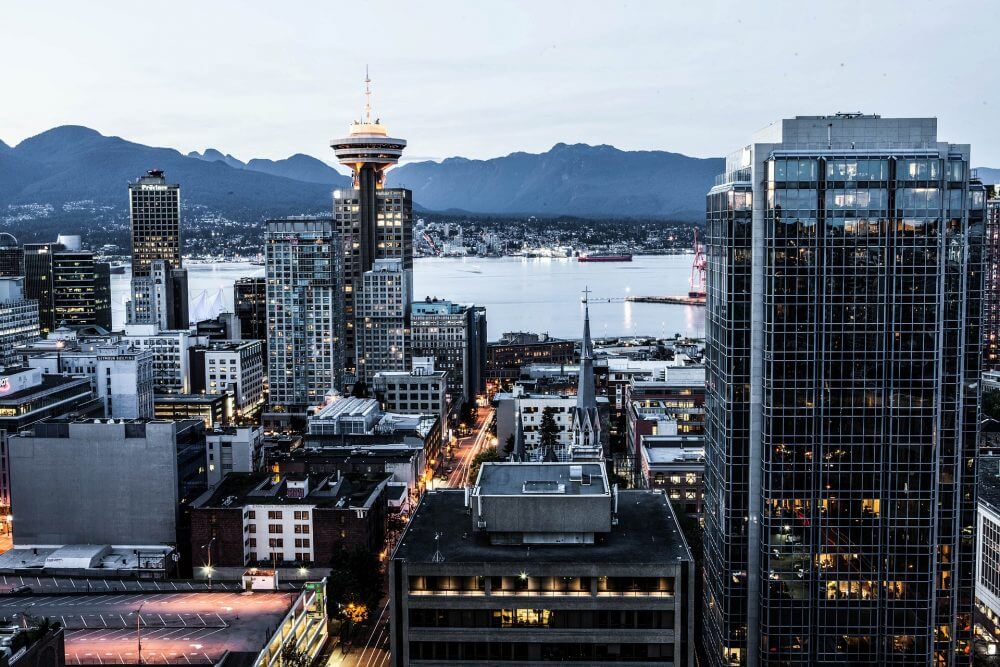

O Canada, You Are Land Glorious and Free
Have you moved safely and settled down? It is time to get to know the land of breathtaking nature, and what better place to start than a city that has more than 230 parks, including one of the largest urban ones in North America – Stanley Park?
Go out and see why the metropolis is constantly among the top-rated places to live in the entire world, as well as the cleanest ones. Among the things to do after relocating here are hiking, biking, and going canoeing. When you want to kick back and relax, try different restaurants and pubs. Try meeting new people whenever you can; Canadians are friendly folk, and they will accept you as their own in no time.
FAQ
The average monthly cost of living here for a family of four is 4,4100 Canadian dollars (without rent), while it is 1,200 Canadian dollars for a single individual.
The best way to find a place to live in is to research the web. We recommend starting from websites such as Craigslist, Apartment Love, Rentseeker, and PadMapper.
The best neighborhoods to live in are Kitsilano, South Vancouver, West Point Grey, Mount Pleasant, The West End, and Central. Find pictures of these places online and more information about them so you can figure out what would be perfect for you.
Vancouver’s labor market can be summed up as having a thriving film industry, along with a flourishing startup and tech environment. Although difficult, finding work as an expat in one of these fields is not impossible. In fact, a skills gap, particularly in technology, will soon affect Vancouver. Hence, if you know how to code, it might not be difficult for you to locate a job that suits you.
Vancouver’s healthcare system is highly regarded internationally and is very high-quality. In general, Canada offers its citizens and permanent residents access to a universal public healthcare system. The taxpayers are the ones who pay for it.
You can start the Canadian visa application procedure after you are aware of the sort of visa you require. To find out if you qualify for the visa, you must first register for an account on Canada’s immigration website and then respond to a few questions.
In order to obtain instructions for your particular visa type, a list of necessary papers, and a reference code, you must submit your email address if you are qualified. You’ll need the reference number for the rest of your application, so make a note of it.
You will then be given instructions on how to submit your application—either in person or online—by:
If you can submit your application online, you must either use your banking information or register for a Government of Canada login (GCKey) account (if applicable). You must get your paperwork ready and deliver it to a local Canadian representative office in the nation where you now reside if you want to apply in person.
Vancouver’s public schools offer outstanding instruction, and all of them accept students from outside Canada. Yet, because they are regarded as international students, they must pay tuition to go to any public school. British Columbia has one of the best-rated school systems, and Vancouver’s educational standards are generally very high. Because of this, Vancouver is a fantastic city for families moving abroad.
The public transportation system in Vancouver is effective and practical. Buses, the SeaBus ferry, and the SkyTrain light rail are all affordable, dependable, and environmentally beneficial parts of the Translink system. Every day, regular service is available from roughly 5 or 6 a.m. to 1 a.m.
The best way to transfer your belongings is to hire an international moving company and have them transport everything. You can either choose to pack and move everything by plane or by sea. Talk to the professionals about what the best course of action would be.
Canadians are known for their politeness and courtesy, and this is particularly evident in Vancouver. People in Vancouver tend to be friendly, polite, and respectful. It’s customary to say “please” and “thank you” when interacting with others. Vancouver is a multicultural city, and you’ll encounter people from a wide range of cultural backgrounds. This means that you should be open-minded and respectful of other cultures and traditions. Tipping is expected in Vancouver, and it’s customary to tip between 15% and 20% at restaurants and bars.
In the summer months (June-August), the average high temperature is around 20-25°C (68-77°F), with occasional heat waves that can bring temperatures up to 30°C (86°F) or higher. The evenings can be cooler, with temperatures ranging from 10-15°C (50-59°F). In the fall (September-November), temperatures begin to cool down, and rainfall increases. The average high temperature in September is around 18°C (64°F), while by November it drops to around 9°C (48°F). Rainfall is heaviest in November, with an average of 200mm (7.9 inches).
Vancouver has a variety of clubs and groups for people with different interests, such as hiking, board games, photography, and more. Joining one of these groups can be a great way to meet people who share your hobbies and passions. If you’re into sports, joining a local team or league can be a great way to meet new people and stay active. Vancouver has many options for sports enthusiasts, from soccer to ultimate frisbee.
Recruitment agencies can help you find job opportunities in Vancouver. Some popular recruitment agencies in Vancouver include Robert Half, Adecco, and Randstad. There are many online job search websites that list job opportunities in Vancouver. Examples of such sites include Indeed, Monster, and LinkedIn. You can search for jobs in your field, and filter the results by location.
If you are moving to Vancouver from another country, you will need to follow the pet import requirements set by the Canadian Food Inspection Agency (CFIA). This typically involves obtaining a health certificate and proof of vaccinations. Dogs and cats that are brought into Vancouver must be microchipped. The microchip must meet ISO Standard 11784 or 11785.
Popular activities to do in Vancouver include visiting Stanley Park, exploring Granville Island, skiing or snowboarding at local mountains, visiting the Vancouver Aquarium, walking or biking the seawall, and checking out the food and drink scene in neighborhoods like Gastown or Yaletown.


